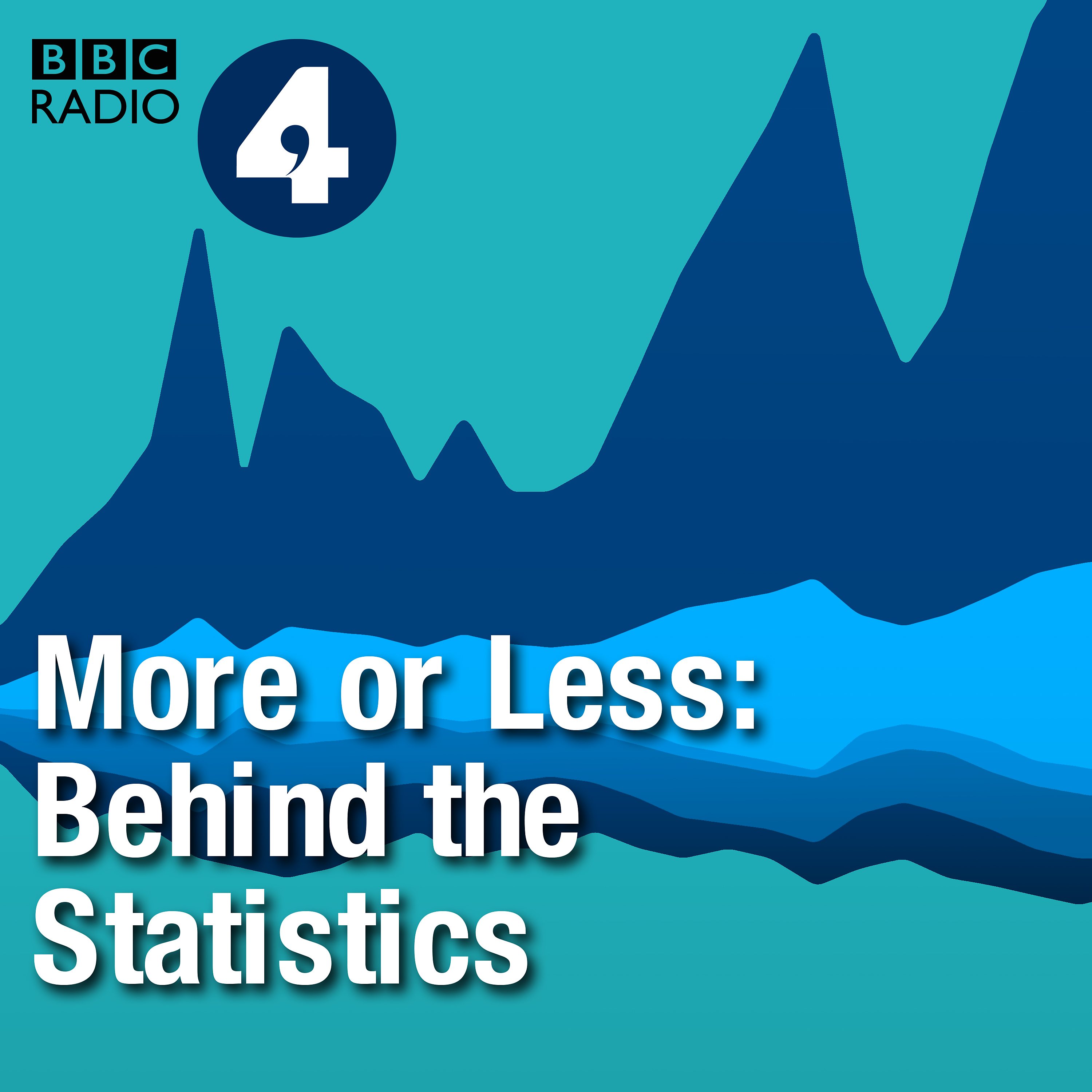
Numbers of the year part 2

More or Less: Behind the Stats
Deep Dive
What is the significance of the 1.62-degree global temperature increase mentioned in the podcast?
The 1.62-degree increase represents the average global temperature rise above pre-industrial levels over the past 12 months (November 2023 to October 2024). This figure is significant because it exceeds the 1.5-degree threshold set by the Paris Agreement, which aims to limit long-term global warming. However, the Paris Agreement focuses on long-term averages, not single-year spikes. The increase is partly due to the El Niño Southern Oscillation, but it signals a trajectory toward a warmer climate, emphasizing the need for urgent action to reduce greenhouse gas emissions.
Why is the 1.5-degree threshold important in climate change discussions?
The 1.5-degree threshold is a target set by the Paris Agreement in 2015 to limit the long-term global average temperature increase. Exceeding this threshold could lead to severe climate impacts, such as more frequent extreme weather events, rising sea levels, and ecosystem disruptions. While the 1.62-degree increase in 2024 is a single-year spike, it highlights the urgency of mitigating climate change to avoid breaching the long-term target, which is projected to occur in the early 2030s if current emissions trends continue.
What does the projected rise in the global population of people over 65 by 2054 indicate?
The global population of people over 65 is expected to rise from 830 million to 1.7 billion by 2054. This increase is not primarily due to longer lifespans but rather a 'demographic echo' of past high fertility rates during the baby boom (1954–1989). As these larger cohorts age, the proportion of older adults will grow. This shift will require societies to adapt to increased public spending on pensions and healthcare, but it also reflects healthier and more active older populations contributing to society and the economy.
Why are fax machines still widely used in Germany despite technological advancements?
Fax machines remain in use in Germany due to legal requirements that historically favored faxes over emails as legally binding documents. While this is changing with new laws recognizing emails and e-signatures, 77% of German companies still use fax machines, with 40% using them regularly. The reliance on faxes is symbolic of broader bureaucratic inefficiencies, but it is not the primary cause of Germany's economic challenges, which include an aging population, COVID-19 impacts, and shifting global demand.
What are the implications of Germany's reliance on fax machines for its economy?
Germany's reliance on fax machines reflects broader bureaucratic inefficiencies, but it is not the root cause of economic challenges. Issues such as an aging population, COVID-19 impacts, and a shift in global demand from manufactured goods to services are more significant factors. However, reducing red tape and digitizing government services could boost productivity, as suggested by the International Monetary Fund. Fax machines have become a symbol of sluggish bureaucracy rather than a direct economic hindrance.
Shownotes Transcript
We asked and you responded, this edition of ‘numbers of the year’ are from you. our loyal listeners. We scoured the inboxes to find three fascinating numbers that say something about the world we live in now and put them to our experts. Tune if you want to hear about rising global temperatures, what Taylor Swift has in common with 65 years olds and facts about fax (machines).
Contributors: Amanda Maycock, University of Leeds Jennifer Dowd, University of Oxford
Presenter: Charlotte McDonald Reporter: Lizzy McNeill Producer: Vicky Baker and Lizzy McNeill Series Producer: Tom Colls Editor: Richard Vadon Sound Engineer: Rod Farquhar.